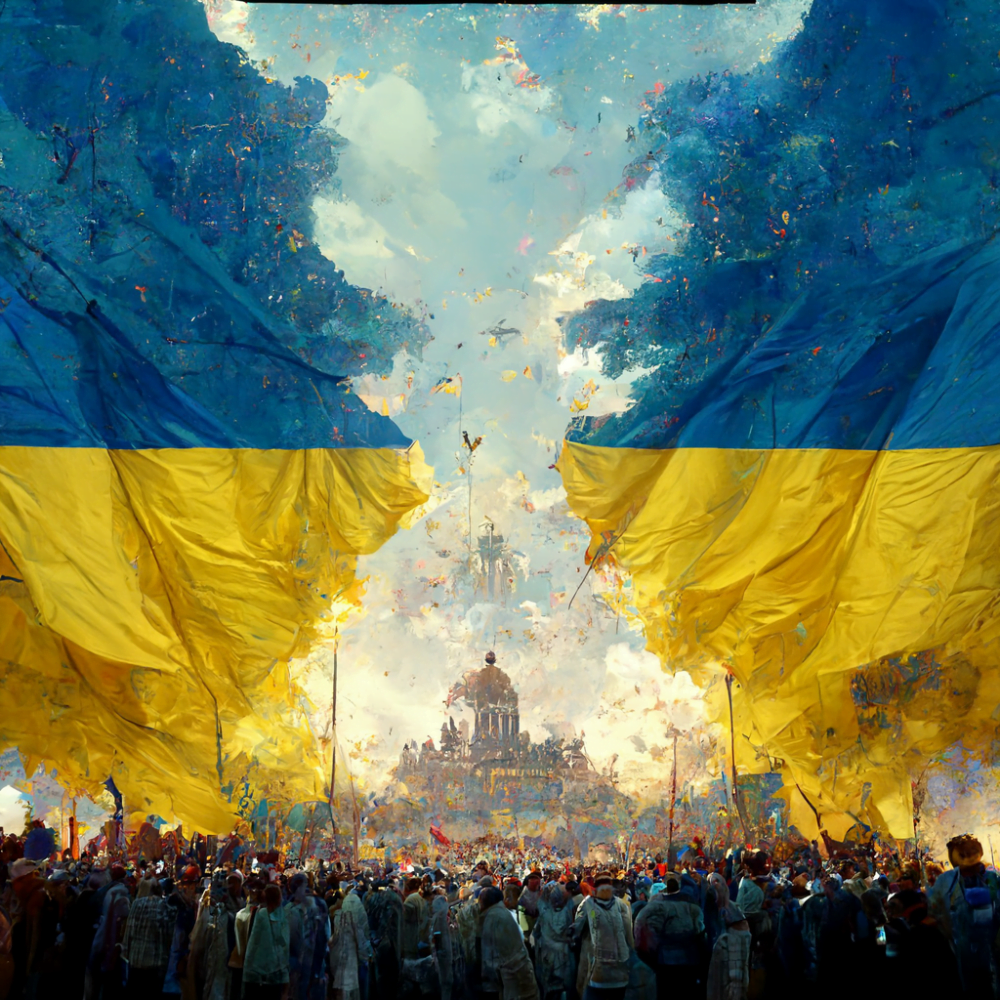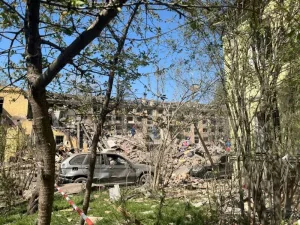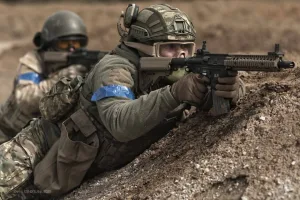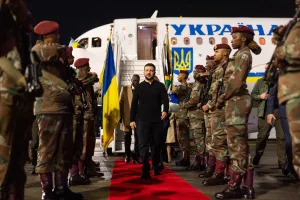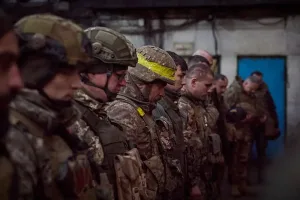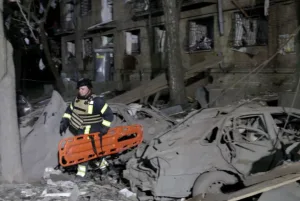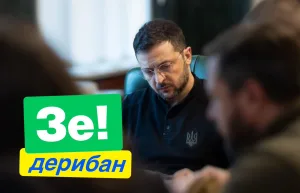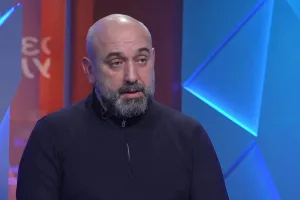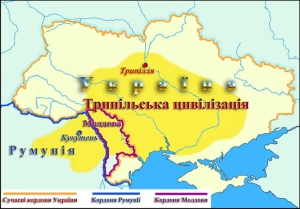Hollywood knows nothing about real russia – Ukraine war.
“Platoon“, “The Fall of the Blackhawk“, “Apocalypse Now” are of no use to those who want to look into trench life. In our reality, the heroes of these tapes can be envied. Because their war has nothing to do with ours.
After World War II, full-time regular armies fought with the partisan movement all over the world. This was the case in Vietnam and Afghanistan. In Chechnya and Syria. Again in Afghanistan and Iraq. Exceptions did occur – Korea, the Iran-Iraq war or the Falklands battle – but they were so rare that they rather emphasized the general rule.
The battle with the partisans has its own peculiarity. The regularl army uses everything at its disposal. It controls the skies – so its soldiers can count on air support. It has armor that holds the perimeter. It has bases, the return to which marks the end of hostilities for the fighters. Partisans can counter all this with small arms, grenade launchers and mortars. They arrange ambushes, plant landmines, mine roads and paths. The only way for them to strike at an army is to get within range of it. And that’s why the films about these wars show continuous fire contact.
All this has nothing to do with our war. Because our war is a clash of two military machines. The arsenal of each has artillery and armor, aviation and air defense, missiles and drones. Both sides can hit targets at a distance of tens of kilometers. To enter into fire contact with the enemy, you must first get close to him. And this in itself is a task with an asterisk.
For the past two years, Hollywood war movies have been making us feel a little jealous instead of empathizing. In “We Were Soldiers,” helicopters bring soldiers into the thick of battle. In “Platoon”, the soldiers holding the defense launch an airstrike on the attacking Vietnamese. In “Full Metal Shell”, the main problem is a lone sniper stuck in a building. “The Fall of the Black Hawk” is the story of how a convoy of light armored vehicles enters a city teeming with five thousand soldiers. And then it leaves the city.
All this has nothing to do with our reality. The heroes of “Apocalypse Today” were not hit by guided bombs. The sapper from “Lord of the Storm” does not know what a tank battle looks like. John Rambo’s position was never hit by Kalibr-152 missiles. The heroes of these films wage war, being in a strong position. They can do more, risk less, and their enemy’s technological lag is offset by the size of its army. If any films can evoke sympathy and involvement in us, they are films about World War I and World War II.
The Ukrainian army had to become the bearer of unique experience. We intercept aeroballistic missiles and shoot down strategic bombers. We destroy submarines and sink missile cruisers. We send amphibious ships to the bottom and destroy over-the-horizon radars. We burn dozens of tanks and infantry fighting vehicles per day.
Our anti-aircraft defense is capable of fending off hundreds of air targets at the same time. We are the only ones who have ever shot down hypersonic missiles. The only ones who destroyed the long-range radar detection aircraft. The only ones who conducted air combat against dozens of modern fighters.
No army in the world has such experience, including the American one. We know more about our partners’ weapons than they do themselves. Our war is capable of rewriting the textbooks of military academies around the world. Our experience is unique – because no one else knows how to fight with a regular army. All Hollywood war cinema only emphasizes the class difference between our war and those waged before. It is difficult for a Ukrainian soldier to recognize himself in the characters of these films. Vietnam veterans did not encounter Viet Cong aircraft. The veterans of the Iraq campaign did not survive the attack with thermobaric shells. The veterans of the Afghan epic did not repulse the tank assault on the positions. The predominance of gunfights in Hollywood blockbusters is only a sign of low-intensity warfare.
We know more about war than anyone – because no one but us has been to a real war. The only one who knows as much is our enemy. And if we fail, he will demonstrate his difference in class to those who stand behind us. To all those who – like us recently – consider “The Fall of the Black Hawk” a good illustration of war.
Hollywood knows nothing about real war only because the world knows nothing about it. And this means that for decades to come, Hollywood will make movies about how we won it. Or about how they themselves had to win it.
Tags: Analytics Russia russia ukraine war Ukraine USA

